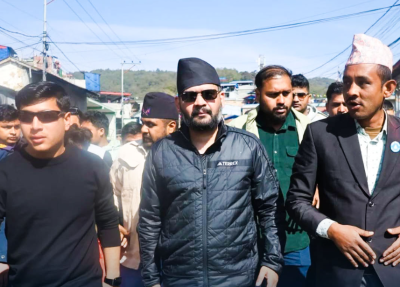Pride, Identity, and Inclusion Cultivated at Second Indreni Rice Plantation Festival
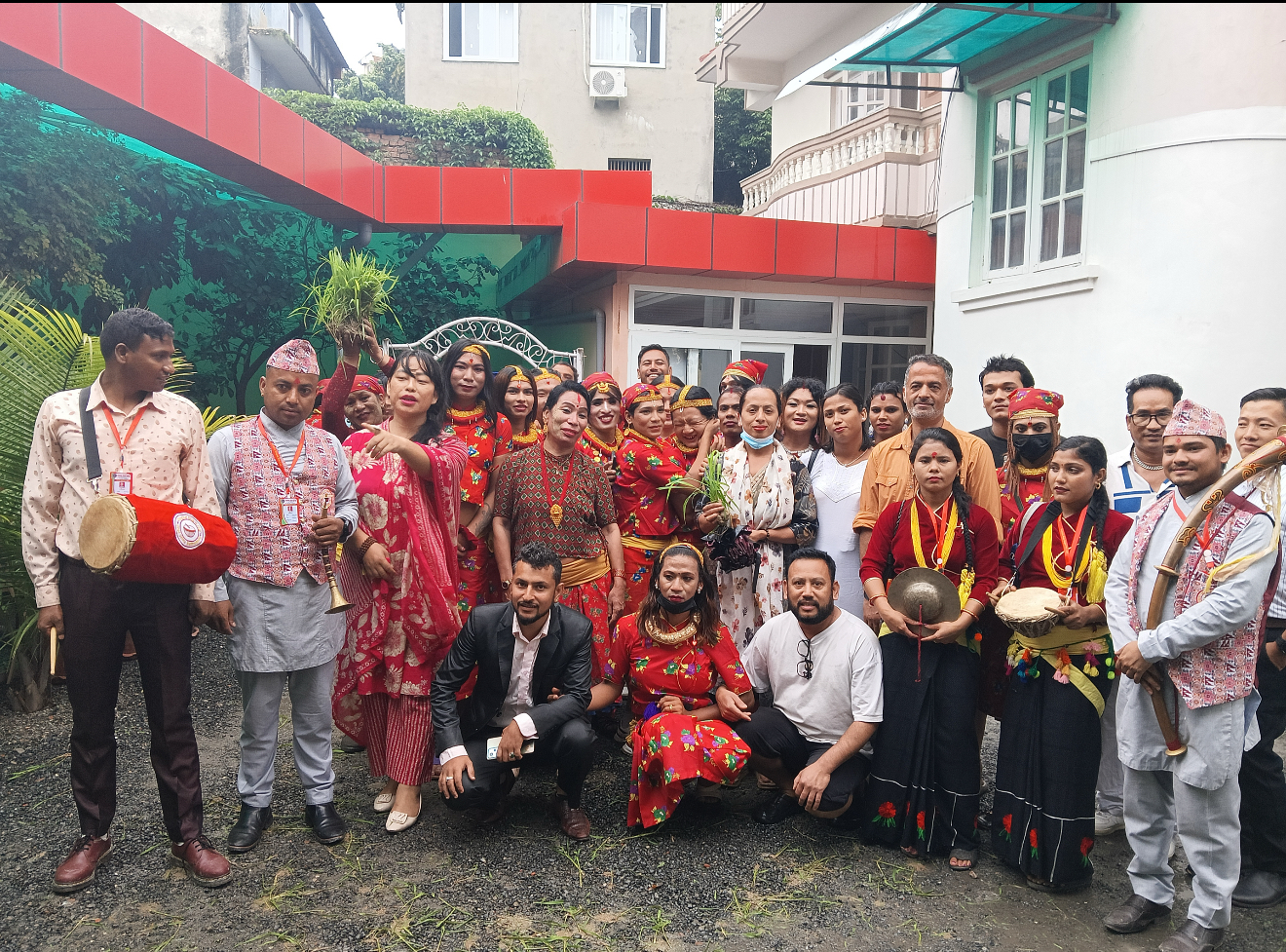
Kathmandu – On Nepal’s traditional “Dahi Chiura Day,” which celebrates rice farming, LGBTQ+ and gender-diverse communities came together in Kathmandu’s Boudha area to plant not just rice, but also seeds of dignity, identity, and inclusion.
The second edition of the Indreni Rice Plantation Festival was held in the courtyard of Subha Hotel with traditional attire, panche baja music, and a joyful atmosphere, even in the pouring rain. Organized jointly by Maya Ko Pahichan Nepal, Lead Nepal, Dakini Hospitality, and Inclusive Forum Nepal, the event blended cultural revival with a message of empowerment.
Sunil Babu Pant, Asia’s first openly gay former constituent assembly member, emphasized that this was not a western import but a revival of Nepal’s indigenous cultural practices. He expressed deep concern over Nepal’s agricultural crisis and extended solidarity with farmers demanding modernization and fair markets.
Champa Karki of CPN-Maoist Center stated that inclusion must be practiced, not just promised on paper. LGBTQ+ leader Badri Pun (Dilbu Buduja) stressed that the festival reflects not only visibility but also policy advocacy through culture and farming.
Activist Numa Limbu (Chanchala) humorously challenged the stereotype that “rice planted by queer people doesn’t yield,” stating their efforts have been the most fruitful.
The organizers also launched a yearly inclusive calendar of festivals for sexual and gender minorities — transforming such events into platforms of consciousness and rights-based movements. Maya Gurung and Surendra Pandey, Nepal’s first legally recognized same-sex couple, called the festival historic.
As the phrase “Nepal is an agricultural country” often fades into textbooks, the Indreni Rice Plantation Festival revives its spirit — showing that even from the mud, pride can grow and flourish.
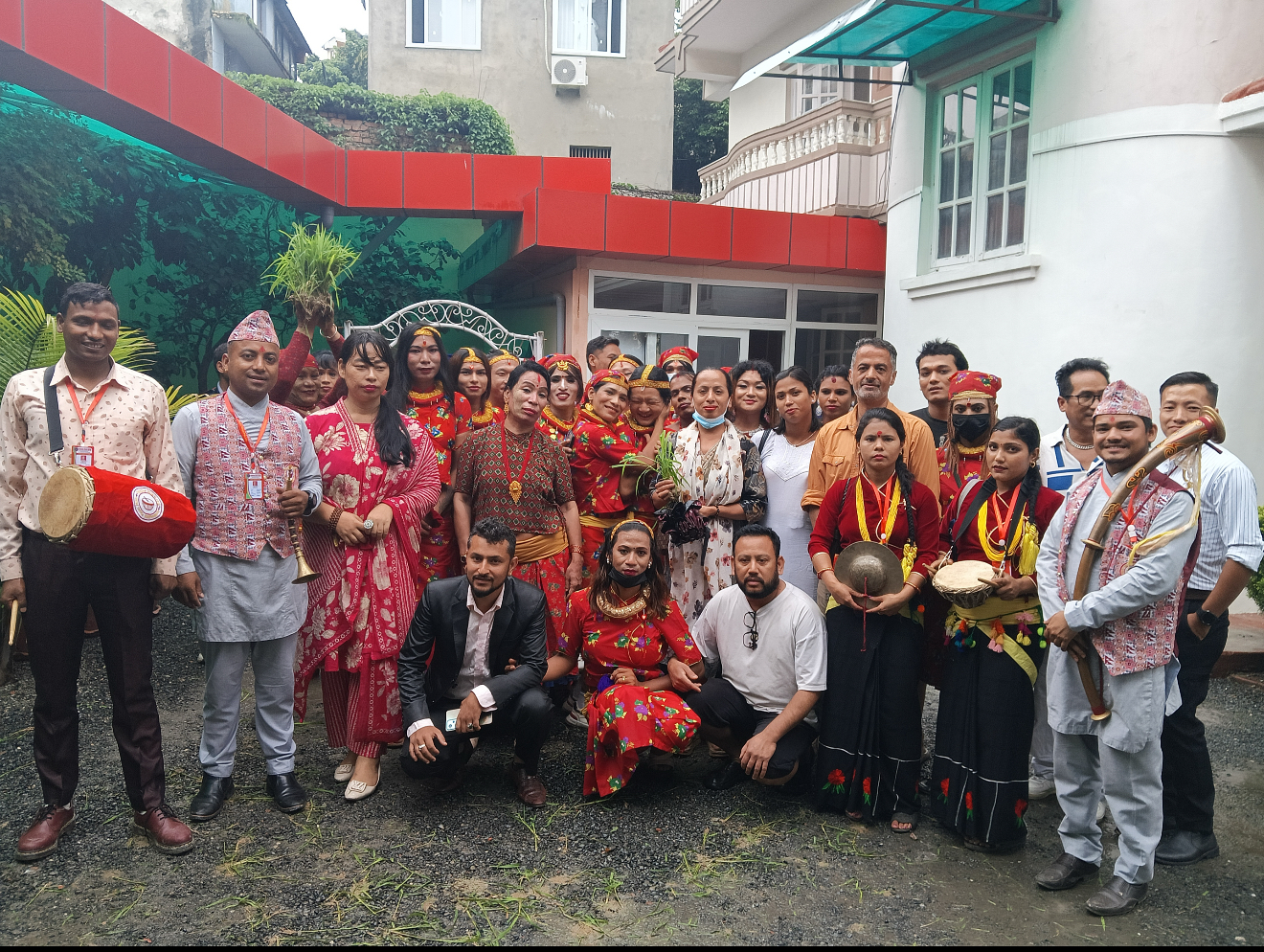
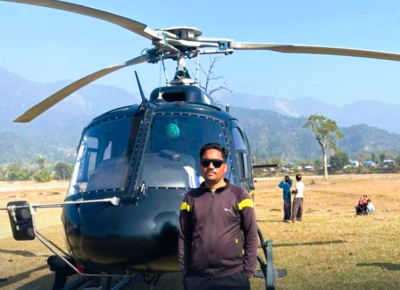
Helicopter from Jumla lands in Salyan due to bad weather
January 30, 2026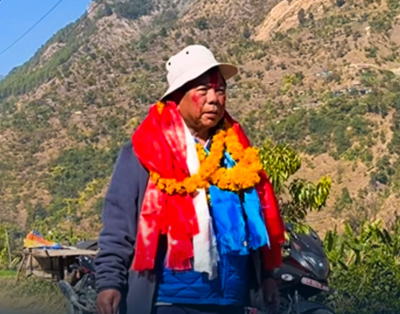
Mahabir Pun's Appeal to Voters: Do Not Sell Your Vote for Money
January 30, 2026
Helicopter from Jumla lands in Salyan due to bad weather
January 30, 2026-1769761552.jpeg)
NRNA Must Rise Above Personal Interests: Foreign Secretary Rai
January 30, 2026-1769761552.jpeg)


-1769760538.jpg)
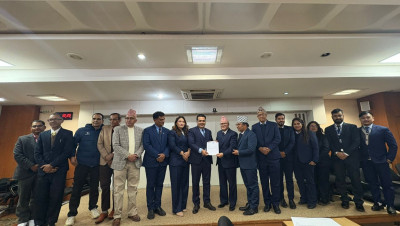
-1769749544.jpg)
-1769770966.jpeg)
